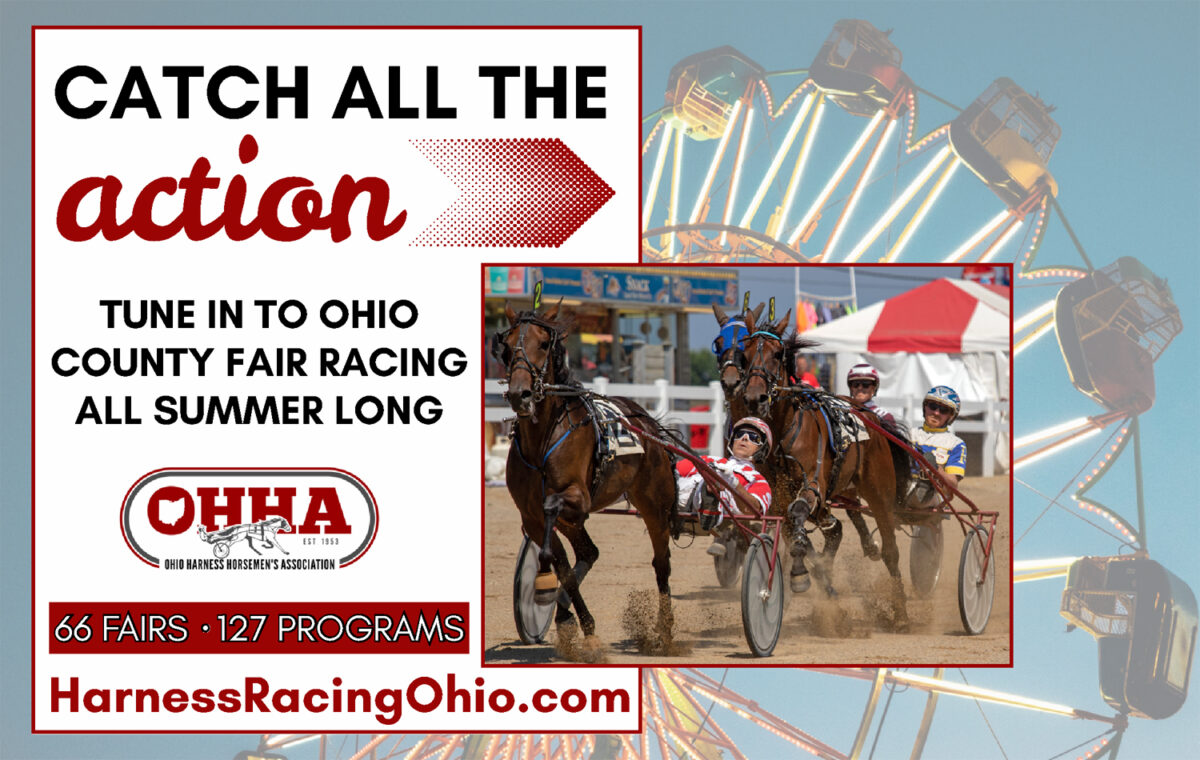The pari-mutuel public responded in gaggles, Part 3
by Frank Cotolo
Part 1 is here.
Part 2 is here.
There is an age-old joke about losing money betting the ponies. As with most pari-mutuel betting jokes it targets the loser trope.
A frequent pony player calls his friend one morning. “I’m off to the track today. You want to go?”
“Naw,” his friend says, “I’m not betting today. I’ll just send ‘em a check.”
The joke is perfect in that it represents the loser consciousness for betting standardbreds and thoroughbreds and quarter horses and steeplechasers and greyhounds as well as jai alai. This common negative perception of a horseplayer is based on reality and countless studies about how badly bettors mismanage their betting bucks. Few adhere to Aristotle’s statement asserting the existence or the truth: “The purpose of knowledge is action; not knowledge.”The 1990s American Turf Monthly (ATM) active handicappers/bettors’ survey results are — so to speak — as bankable in the 2020s as ever.The excuses for losing money by most players are always unacceptable. Some call betting “casual fun” and excuse losses as meaningless. Or they admit to accepting the fickle assistance of luck for the dismal outcomes of their handicapping and betting skills. Still others aggrandize excuses when those skills fail.
On the other hand, a winning wager always prompts self-praise. The act of cashing a ticket causes the Andy Beyer response: shouting “I am king of the world!”
Winning or losing bets, more than anything, relies upon money management which rules when not to bet as well as when and how much to bet. The wisdom speaks: It is not how many tickets you cash; it matters how much the tickets you cash are worth. Along with the necessary practices of maintaining a betting bankroll come the fixed ideas players admitted to in the ATM survey.
Examples of poor money management were abundant in responses to the following questions from across the USA.:
• 1. Do you have a dedicated bankroll?
• 2. Do you focus on specific wagers?
• 3. Are you following any type of betting system?
• 4. Do you feel you have to show a profit regularly?
• 5. Do you keep records of your wagers, and how do you utilize them in reference to wagers?
• 6. What do you do with profits?
• 7. Do you have a wagering threshold?
All answers incorporated many questions. Some respected using X amount of dollars for wagering.
Chet from Minnesota said, “At the start of my [betting] season I set aside a certain amount [to play only] win and exotic bets.”
The majority of answers made no claims to using a set bankroll.
Charles from Ohio said he wagered “with disposable income,” and making a profit “is not life and death with me [because] I’m doing something I love.”
Sam from Washington said he does not have any wagering system.
“I increase bets when I have an edge,” Sam said.
Ron from New York was like many who said that they broke it down to betting certain amounts with conditions.
“I bet to win,” Ron said, “and make 50-per cent increases on ‘standout horses’ with exceptional value.”
Doris from Nevada said she took $200 per track visit to bet and, “If I had unlimited funds, I don’t feel I would ever bet $100 to win; I would increase my number of trifecta bets.”A few respondents found it necessary to explain how they felt about the questions in general and with defensive commentaries.
Vera from Arkansas said, “I feel if I were willing to wager more than I do, I might win more but it would never be enough to make much of a difference in my life.”
And Riley from New York said he had no betting threshold or set bankroll because, “I instantly know the way to make money is to have money to work with in the first place. All my betting friends make good bucks because they can bet more combinations and believe you me, they win!”
Lee from California said, “More money [to bet] would not change the way I bet.”
Some people sent me personal letters after survey results were published. Horseplayers love to talk about their ways and means. It is the nature of the beast.
“I give all my winnings to my children,” one person said while another made the statement, “Money is only a tool.”
One personal letter added a unique observation. He said he always read my ATM column and also enjoyed Mark Cramer’s books about horseplayers and betting. He ended the letter with a P.S. “Are you the character ‘Nick’ in Cramer’s book Scared Money?
Yes. Nick was based upon me.
I often wondered if this guy was as good at identifying the true odds value of a racehorse in any particular field as he was recognizing the inspiration for a fictional character in a novel then he would be one of the definitive horserace handicappers in history.

















